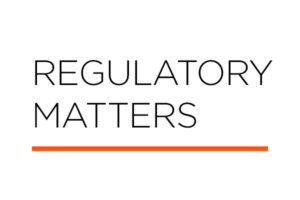
Glass Lewis recently submitted feedback to Euronext in response to a consultation paper (PDF) on the adoption of an Irish Corporate Governance Code (the “Code”).
Background
The Irish and UK stock exchanges have traditionally been closely interconnected. This proximity created a strong rationale for aligning much of Ireland’s regulatory framework for public companies with that of the UK. As a result, the UK Corporate Governance Code (UK Code) was applied to Irish companies listed in Ireland (and the UK), supplemented by the Irish Corporate Governance Annex for certain categories of companies.
Euronext argues that the rationale for companies listed in Ireland to continue to report against the UK Code has weakened in recent years. As a member of the European Union, Ireland is part of the evolving Capital Markets Union, whereby the European public company regulatory infrastructure continues to be developed. Therefore, different imperatives and issues may influence corporate governance in Ireland relative to the UK.
The Irish Code
Euronext determined that the UK Code should act as the ‘base code’ for the Irish Code, for several reasons, including:
- “the degree of commonality between company law in Ireland and the UK;
- the longevity of the UK Code and the robustness of the review process operated by the UK’s Financial Reporting Council (“FRC”);
- the availability of additional detailed guidance with respect to certain key aspects of the UK Code; and
- the historic closeness of the Irish and UK capital markets with many Irish companies having been dual listed (though this is less a feature of the current market following Brexit). As a result, both those companies and their institutional shareholders are familiar with the UK Code.”
Therefore, the proposed Irish Code is structured similarly to the UK Code, with high level principles relating to specific aspects of corporate governance, and specific ‘comply or explain’ provisions which companies must report against.
Our response outlines our comments/concerns where the proposed changes deviate from the UK Code. Most notably, while we acknowledge that certain proposed changes are intended to align with practices adopted elsewhere in Europe, given that a majority of Irish issuers already adopt the higher standards, such as 100% audit committee independence and a five-year vesting and holding period, we would advocate that these provisions are not lowered. Nonetheless, we are generally supportive of the adoption of a local code in Ireland.
It is expected that the Irish Code will apply to accounting years commencing on or after January 1, 2025. Companies that report on a calendar year basis will therefore be expected to comply with the new code for the year ending December 31, 2025.
…..
Read our full response to the Irish Corporate Governance Code Consultation here:
